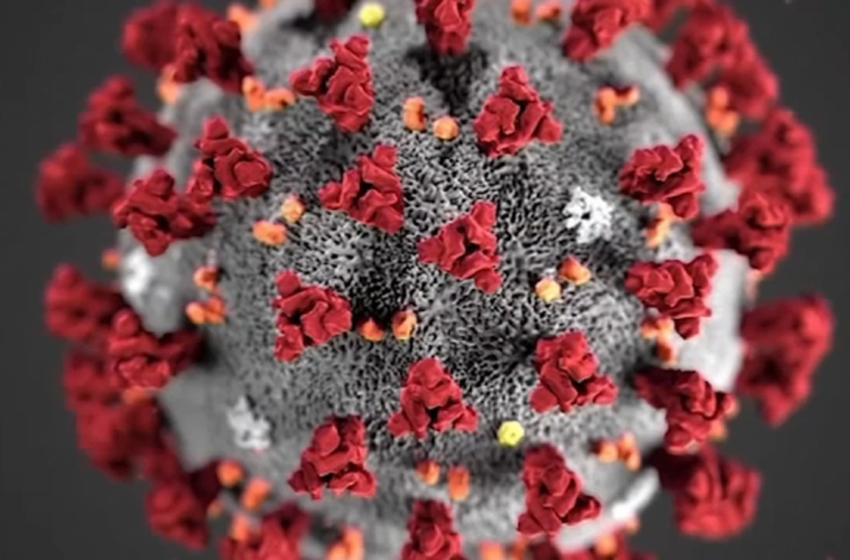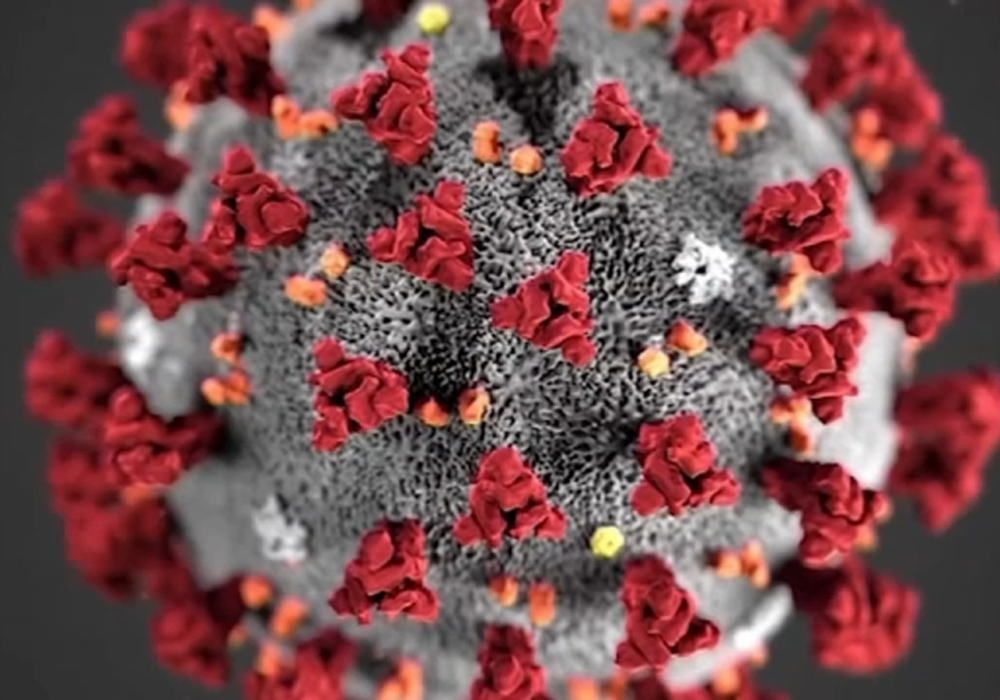The cases, confirmed the evening of Dec. 9 by genomic sequencing, were in individuals who did not have a history of recent travel, which health department officials said suggests community spread of the variant. The individuals who tested positive were a female in her 20s and a male in his 30s.
Editor’s note: The video above is from a Dec. 7, 2021, report on Houston wastewater plants detecting the presence of the omicron variant. At the time, there were no cases confirmed by the city.
In a statement, Houston’s Chief Medical Officer Dr. David Persse said more cases of the omicron variant are inevitable, and that people should remain cautious but not panic.
“As we await scientific data about omicron’s threat, we know that vaccination, including booster shots, is our best tool to prevent serious illness from COVID-19,” he said.
Little is known about the omicron variant, which was first detected in Botswana and South Africa in November and was named a “variant of concern” by the World Health Organization on Nov. 26. According to the U.S. Centers for Disease Control and Prevention, the omicron variant likely spreads more easily than the original virus, but its infectiousness as compared to the delta variant remains unknown.
As research into the variant continues, the CDC said more data is also needed to know if omicron infections are more likely to result in severe illness or death compared to other variants. Current vaccines are expected to protect against severe illness and death, but breakthrough infections in vaccinated people are likely, according to the CDC.
SEE ALSO: Houston Methodist Hospital confirms 9 omicron COVID-19 cases
Not all COVID-19 test specimens undergo genomic sequencing, so it is unknown how many cases of the omicron variant are in Houston, HHD officials said. Roughly 99% of samples that are sequenced in the city are of the delta variant, according to the Dec. 10 release.
The city first detected the omicron variant in its waste water on Nov. 29-30, at which time the variant was present in samples from eight of the city’s 39 wastewater treatment plants.
“It is clear omicron has been in Houston since at least Nov. 29 based on wastewater sampling, but it was likely here sooner” Persse said. “This timeline is remarkable since South Africa’s rise in cases began the week of Nov. 13 and the World Health Organization identified it as a variant of concern on Nov. 24.”
Three cases of the omicron variant were also confirmed in Fort Bend County on Dec. 9.
More details on the omicron variant are expected in the coming weeks, according to the HHD. In the meantime, Persse said people should get vaccinated and continue to use face coverings in crowded indoor settings. A list of HHD vaccination sites can be found here.










